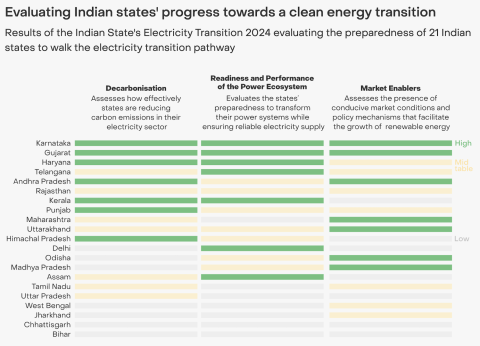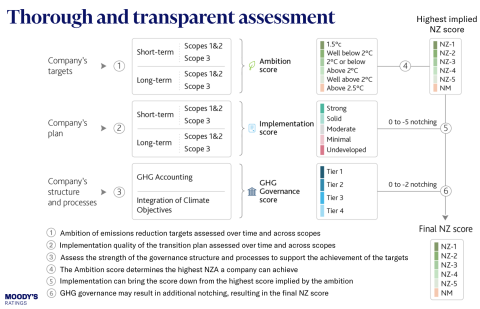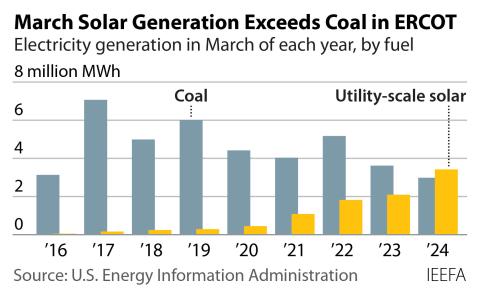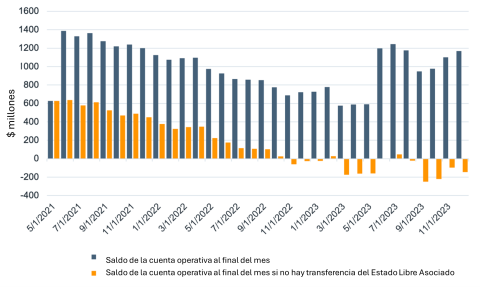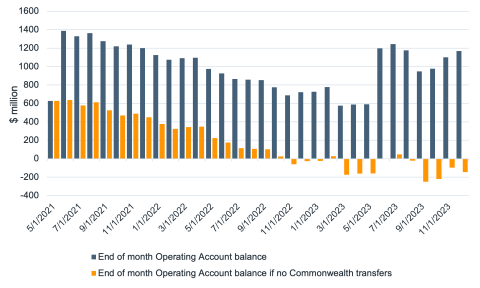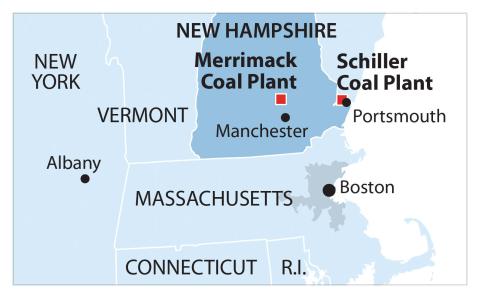IEEFA Update: Open Talk of Transition
A remarkable bit of news surfaced this week through SNL—the trade publication, not the comedy show—in an article that cobbled together recent U.S. utility-industry earnings calls that had a strikingly common theme: CEOs talking openly now about getting out of coal.
Several even “seem excited” to be doing so, among them the chief executives of the national behemoth Xcel Energy (eight states), the multinational AES (seven countries), and smaller but regionally important players including Alliant Energy (Iowa and Wisconsin), CMS Energy (Michigan), IDACORP (Idaho and Oregon), Ameren (Illinois and Missouri), Westar Energy (Kansas), Algonquin Power & Utilities (California and New Hampshire), Great Plains Energy (Missouri and Kansas), and PNM Resources (New Mexico and Texas).
AES President and CEO Andrés Gluski uttered the phrase “big transition,” Algonquin President and CEO Ian Robertson spoke of “greening the fleet,” and Alliant President and CEO Patricia Kampling predicted that by the end of this year her company will have closed 40 percent of the coal-fired plants it relied on in 2010. Like several of the executives, Kampling said the trend will persist.
This was the quote from CMS President and CEO Patricia Poppe: “Our clean and lean strategy enables further coal reductions without big bets to achieve the replacement.”
Poppe’s choice of words seemed meant to signal that investors need not worry—the new electricity-generation economy will make money—and that customers can rest assured that their lights won’t go out.
BACK ON COAL FOR A MINUTE, WHERE ENERGY POLITICS were big this week around the pitch to have federal taxpayers prop up the failing Appalachian coal industry with a $15-per-ton subsidy. The idea, put forth by West Virginia Gov. Jim Justice was, according to Justice, well-received by the president.
But, in keeping, it seems, with everything Trump touches, the wheels came off quick. Coal producers in the Powder River Basin commenced hollering immediately and analysts saw through the idea as an empty gesture that would have little effect.
Most of President Trump’s much-publicized pro-coal policies are seen now as hot air, as CNBC noted in a piece that acknowledged a rise this year in U.S. coal exports but said it was probably a “temporary blip.”
“Analysts believe the good times won’t last.”
Among the skeptics on this point: IEEFA’s David Schlissel and IEEFA’s Tom Sanzillo, who has an item today that puts the truth in graphic perspective.
THE POLITICS OF ENERGY ARE EVOLVING RAPIDLY, and while fossil-fuel lobbies seem to have more friends in high places than ever, Washington is not necessarily the calk walk some may have expected.
Chuck Grassley, a powerful Republican member of the Republican-controlled U.S. Senate, has made lots of noise this summer on behalf of wind energy, especially, a sensible move considering his home state of Iowa is a growing wind-industry bastion that supports thousands of jobs and brings in huge amounts of investment capital.
All the fossil-fuel rhetoric coming out of the West Wing aside, cleaner-industry groups see openings. Axios reports this morning on how “an unusually broad and diverse coalition of 10 clean-energy associations are organizing a lobbying and advertising push next month to highlight how the industry is creating jobs and providing reliable electricity.”
The campaign shrewdly avoids an issue on which some people in the corridors of power remain at loggerheads with science.
“With a president who doesn’t think climate change is a problem and both chambers controlled by Republicans, the industry is looking to highlight what else it has to offer on the economic and national security fronts.”
Karl Cates is IEEFA’s director of media relations.
RELATED POSTS:
IEEFA Update: Coal Stocks Lose, However You Dice the Data
IEEFA Update: The Coal ‘Comeback’ of 2017
IEEFA Update: Something in the Wind

